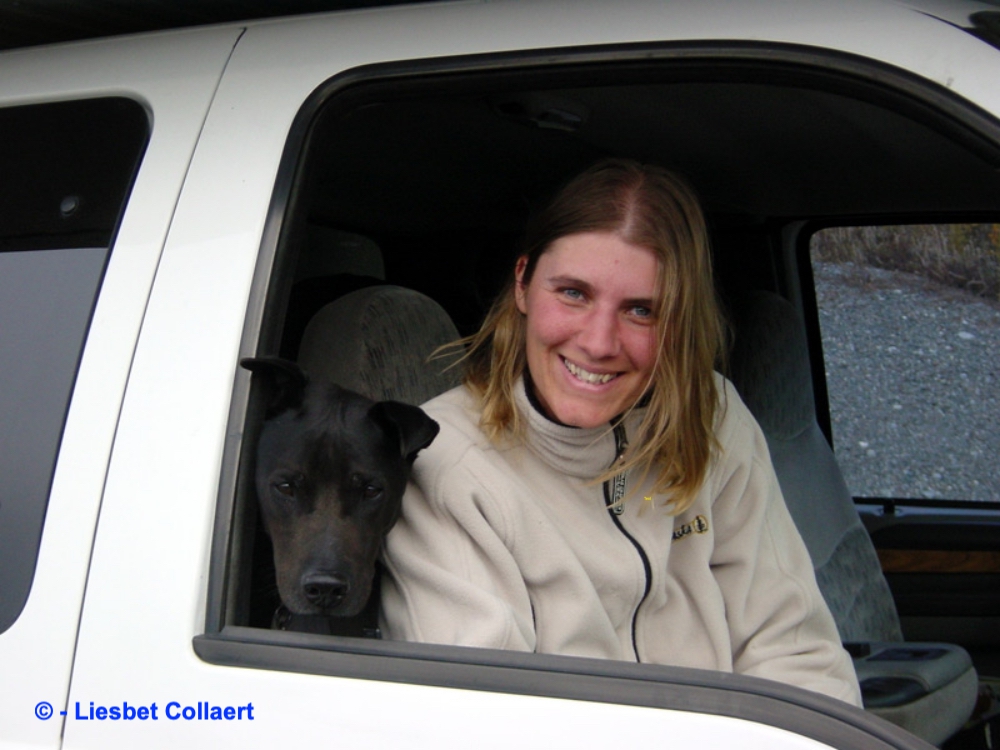My long-time blogging friend, the author, WordPress connoisseur, supporter of other bloggers and authors, and all-around nice person Hugh W. Roberts is featuring me today on his hugely popular Hugh’s Views & News website with a true story – an excerpt from my travel memoir, Plunge.
Continuing my series of true stories, I’m delighted to welcome Liesbet Collaert, who shares her story of how life changed the direction she was travelling.

Although Liesbet leads a different life to me (read and follow her blog to find out more) her true story is one I gasped at even though I’ve had similar experiences. It makes me believe in fate even more and why we find ourselves in certain situations for a real purpose.
Will her story bring back memories of a familiar position when you read it? Has fate played a part in your life?
***

San Francisco. A fascinating city I only know from movies and guidebooks. So close now! I can almost see the Golden Gate Bridge, smell the salty air of the bay, and feel the breeze in my light brown hair. The promise of a new adventure causes my ear-to-ear grin as I hop into our small camper to grab a CD of dEUS, my favorite Belgian band.
After crisscrossing the United States, Western Canada, and Alaska in our truck camper for the last year and a half, my boyfriend Karl, his dog Caesar, and I landed in California. Karl’s friend Nik, a DJ, had invited us to share his studio-apartment in Oakland, as a base to explore SF. Nik also rents out two apartments in his house.
CD in hand, I enter the yard again and stop dead in my tracks. Two gorgeous dogs with fluffy tails had run up to me. I smother them with cuddles and praise.
“Hi, I’m Mark. And these two are Kali, the white one, and Darwin, the grey one.”

I look up from admiring the wagging furballs.
My eyes meet those of a tall, skinny, short-haired, and attractive man in the doorway of apartment #1.
Continue reading here.


































































